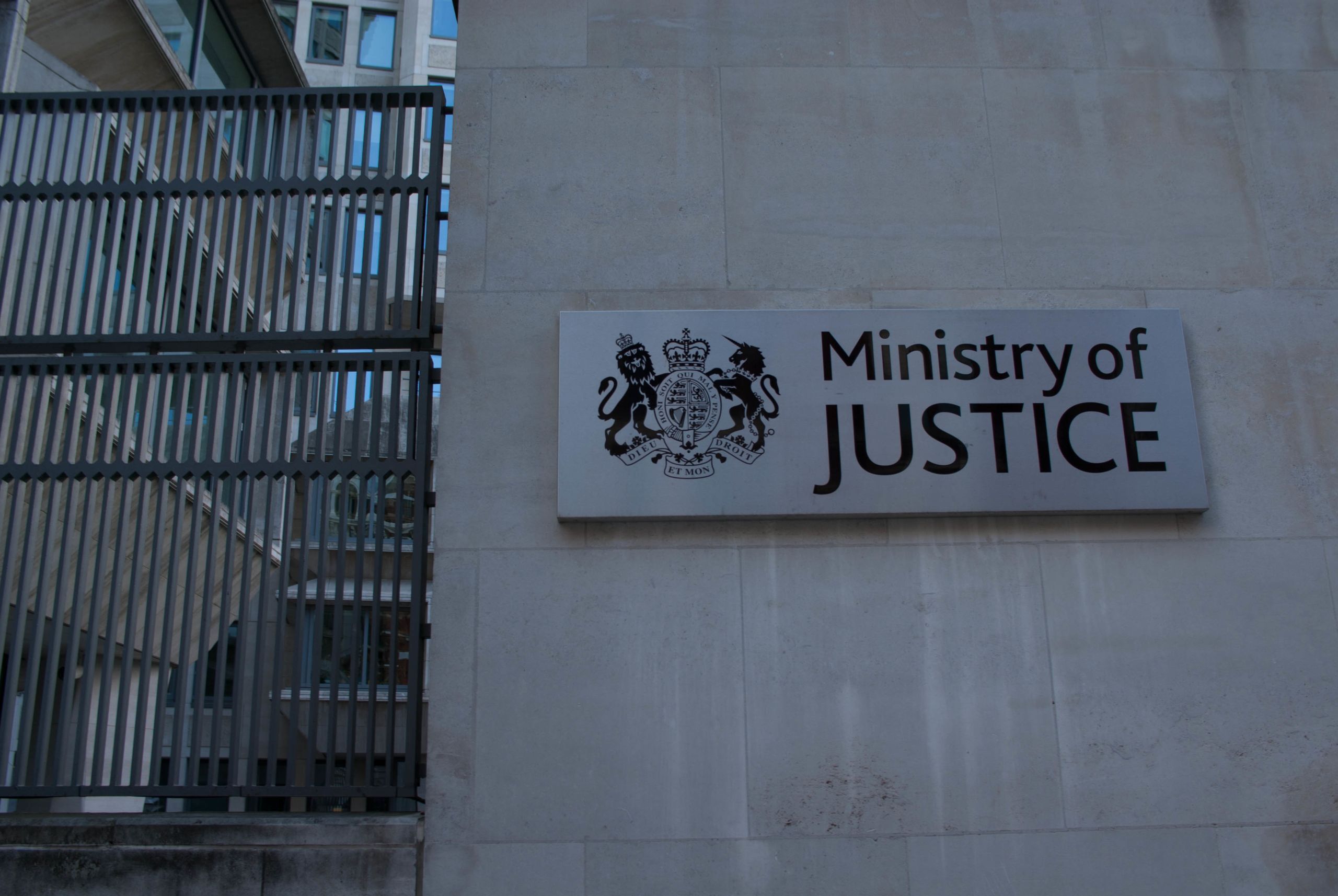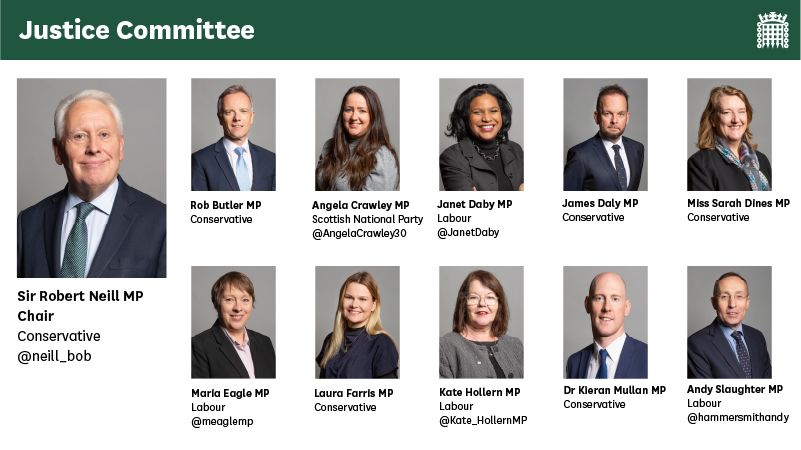Legal aid needs urgent reform
How can the Ministry of Justice make criminal and civil legal aid sustainable?

The justice system in England and Wales cannot function effectively without a sustainable legal aid profession.
The Legal Aid, Sentencing and Punishment of Offenders Act 2012 (LASPO) made fundamental changes to the legal aid system. Our inquiry, The Future of Legal Aid, has evaluated how the system is working and identified the key challenges to people who do legal aid work (providers) and people who benefit from legal aid (clients).
Based on the evidence we heard, we are concerned that legal aid is not sustainable and that the fairness of the justice system is at risk as a result. To fix this, we believe a series of reforms are necessary.
This is why we think that, and what we think should be done.
What is legal aid?
"The purpose of legal aid is to enable people to vindicate their legal rights. That is true for criminal legal aid and civil legal aid. We need a sufficient number of people in the profession in order to enable people to have access to that advice."
Legal aid is a support system that can help people meet the costs of legal advice. It exists in the criminal and civil justice systems.
The work of criminal legal aid lawyers secures the right of everyone in England and Wales to legal representation in a police station or a court, even if they cannot pay for representation privately.
The civil legal aid system was established to help people who don't have the means to pay for advice or representation to enforce their legal rights.
Legal aid makes a difference to vulnerable people. Due to changes made by a series of governments to reduce the cost of legal aid, it is increasingly only able to help a smaller number people on a narrower range of issues.
Criminal legal aid

Criminal legal aid can only help people secure their right to legal representation if there are criminal lawyers willing and able to work for criminal legal aid rates.
The evidence we heard in our inquiry suggests:
- The structure of the fee scheme does not do enough to support lawyers to provide the best quality of service to their clients, especially at the early stage of criminal proceedings
- Criminal defence firms are struggling to recruit and retain staff
- The reduction in the number of cases going through the criminal justice system means legal aid providers are not making enough money to survive.
We urge the Government to reform the fee schemes so that they offer a fair rate for the work required. Fees and rates should be regularly reviewed so that the legal aid profession stays sustainable for the long-term.
Civil legal aid

There are serious sustainability issues for civil legal aid providers that are impacting the ability of those entitled to legal aid to access lawyers.
We heard how:
- The limited scope of civil legal aid since LAPSO means that people can't access advice early enough to stop their problems escalating or to know what to focus on if they do escalate
- The current model of funding individual cases is stopping providers from meeting the need for legal aid services by adding "extensive bureaucracy"
- In large areas of England and Wales, there are no legal aid providers for housing or community care, which the Law Society calls "legal aid deserts".
The use of fixed fees is a big part of the problem. Dr Jo Wilding told us that the fee does not reflect how complex housing and immigration cases can be, and providers will prioritise cases with hourly rates.
A more flexible and proactive approach to civil legal aid is needed. It is not just a question of raising fees - though the Government should ensure that fees for publicly funded work are regularly uprated in line with inflation - but making better use of the resources available.
The Government should fund more training opportunities so that those who want to pursue a career in publicly funded work can; provide more direct grants to organisations who can provide a high-quality and cost-effective service; and set up and run more duty schemes to help vulnerable litigants who can't secure the services of a lawyer.
Five themes for reform
Our report makes a number of recommendations to the Government on how to reform criminal and civil legal aid. Read the recommendations in full.
Our recommendations are all informed by the below five themes, which come from the principle of access to justice. We think they should characterise the Government's approach to reforming legal aid.
1.The legal aid system should be designed around the needs of those who use it.
2.The regulation of the legal aid system should prioritise the quality of the work provided and should ensure that the public are supplied with the right legal work at the right time.
3.The legal aid framework should enable the Government to act strategically and target support in areas where it is needed most and where it can improve the effectiveness of the courts and the justice system.
4.Legal aid should be regarded as a public service, which benefits all of society.
5.Legal aid is critical to the fairness of the justice system, enabling those without sufficient financial means to participate on equal terms with those that can afford representation.

What happens next?

The Government must now respond to our report
Our report, The Future of Legal Aid, was published on 27 July 2021 and the Government has two months to respond to our recommendations.
Detailed information from our inquiry can be found on our website.
If you’re interested in our work, you can find out more on the House of Commons Justice Committee website. You can also follow our work on Twitter.
The Justice Committee is a cross-party committee of MPs that examines the policies and spending of the Ministry of Justice (and associated public bodies). This includes courts, legal aid, prisons, probation and the rule of law. It also advises on sentencing guidelines.


